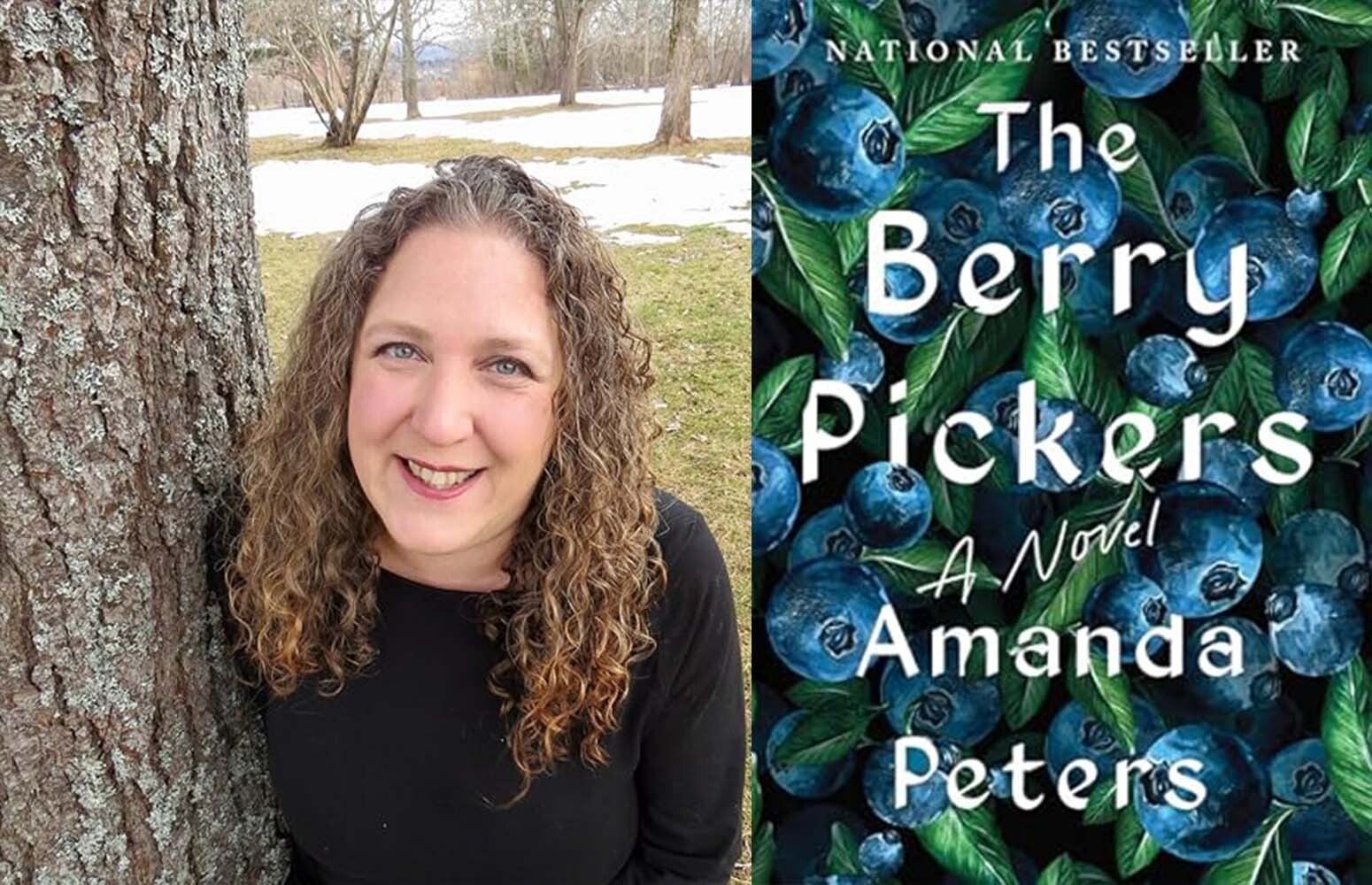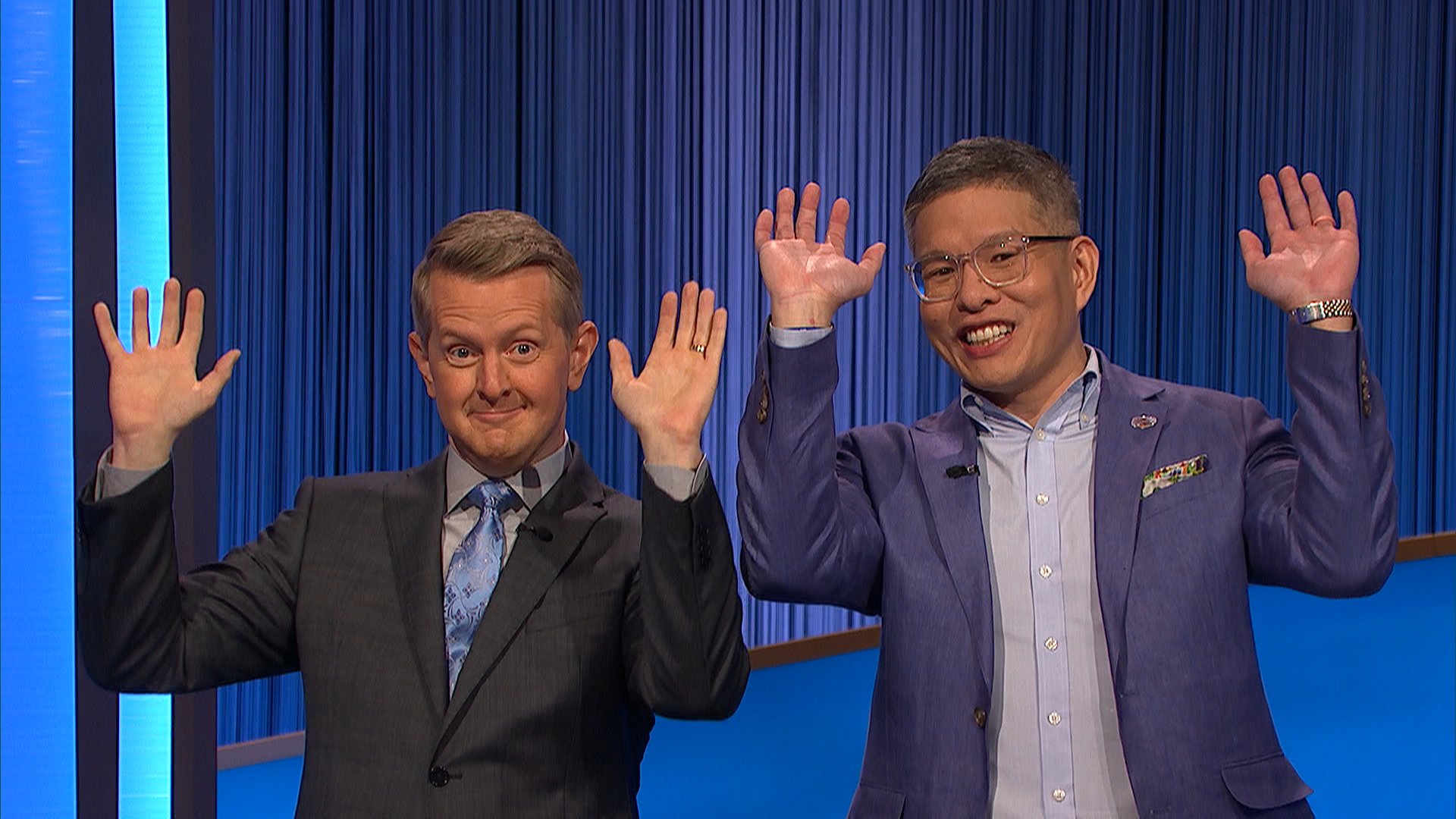We can say more with fewer words, according to a nationally known writing guru.
Poynter Institute scholar Roy Peter Clark, author of “How to Write Short,” says that no matter what we’re writing, concise language sends the strongest message.
Clark says “We’ve always reserved our most important messages for the shortest sentences: ‘Will you marry me?’, ‘I do,’ ‘Not guilty,’ ‘The Giants win the pennant,’ ‘You’re fired,’ ‘I love you,’ ‘To be or not to be?’ These are things that we remember, and we remember them because they’re short.”
Stay informed on the latest news
Sign up for WPR’s email newsletter.
He says some of the most profound documents in our history stay with us because they pack a lot into a small space — from Biblical Psalms to Shakespeare’s sonnets to the Declaration of Independence.
Changing technology is giving us more incentive to get good at writing short, Clark says. “We have a lot of reasons to write shorter, including the use of various forms of writing in the digital age: Twitter, Facebook, text messaging — there’s a lot of focus on how we can be more effective with fewer words.”
Clark says we can get better at writing short by practicing, and especially by keeping a daybook to jot down short observations and turns of phrase.
On a practical level, he says, the best place to start is at the end of the sentence. “Place the most interesting and emphatic important word at the end. It’s that final punch; it’s that thing that sears in our memory. It’s true in poetry, it’s true in all of humor, in which we all find that we laugh when we hear that last word or phrase … and it turns out to be true in all forms of digital writing as well.”
Wisconsin Public Radio, © Copyright 2024, Board of Regents of the University of Wisconsin System and Wisconsin Educational Communications Board.





